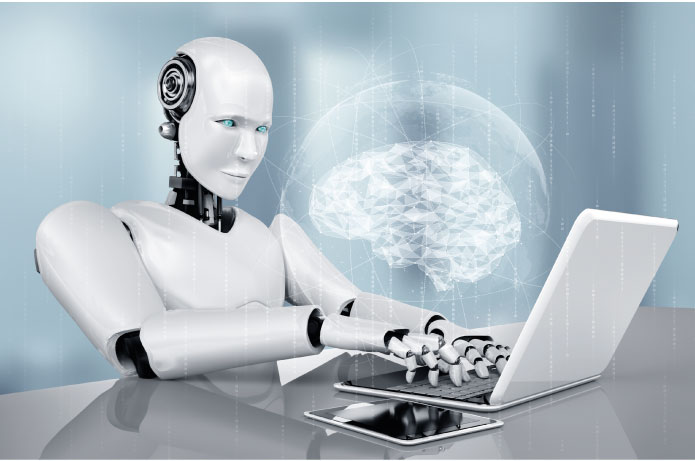Artificial intelligence (AI) is already part of the daily routine of many businesses, regardless of size. In Brazil, 47% of small and medium-sized enterprises (SMEs), for example, already use or plan to adopt AI in their operations, according to a survey by Serasa Experian. Among Brazilian startups, this number is even higher: 78% of them already incorporate some form of AI in their routines, according to the Founders Overview 2024.
Agilize, an online accounting startup, is a practical example of this adoption. According to Adriano Fialho, CTO and co-founder of the company, the transition to AI faced some internal resistance, but the positive impact on productivity soon became evident.
“One of the biggest impacts was on the sales process. We have AI capable of conducting a sale from start to finish, increasing efficiency. Another significant impact was on team autonomy. People who are not from the technology area can already create solutions using AI without needing to rely on developers for everything. This increases the independence and productivity of the company as a whole,” explains Fialho.
AI and the job market
The advancement of AI also raises questions about the future of work. According to the expert, the technology is transforming employment dynamics, replacing some operational roles while also creating new opportunities.
“The risk of job loss exists for those who do not keep up with the change, but at the same time, new opportunities are emerging. The profile of professionals will change, and entrepreneurs will need smaller, more strategic teams complemented by ‘virtual employees’—that is, AI agents that take on repetitive and operational tasks,” analyzes Fialho.
AI tips for small businesses
According to Adriano Fialho, if he had to choose a single essential tool, it would be ChatGPT for its flexibility.
“It’s not just a text assistant; it has skills for research, reference searches, image generation, and even voice and video conversation. It’s a versatile tool that can help in various areas, from customer service to internal process automation,” he explains.
But there are many other options he recommends that can be incorporated into daily business operations:
- Claude (Anthropic): A powerful alternative to ChatGPT for writing and data analysis tasks.
- MidJourney and Leonardo.AI: Platforms specialized in AI-generated images.
- PhotoRoom: Excellent for quick image editing for social media.
- Runway: AI solution for video editing and creation.
- Descript: Tool for transcription, editing, and video creation from audio.
- ElevenLabs: AI specialized in generating realistic voiceovers and narrations.
- Fireflies.ai: Ideal for automatic transcription of meetings and calls.
- Gamma.app: Tool for automated presentation creation.
- Notion AI: AI that assists in organizing information and generating smart summaries.
AI as an ally for small business owners
Just as happened with the internet, AI is becoming an essential tool for businesses. “Small entrepreneurs who quickly adapt to this new reality tend to stand out in the market, leveraging the full potential of this technological revolution,” says the entrepreneur.
According to him, the use of AI can provide significant competitive advantages for small businesses, optimizing time, reducing costs, and expanding operational efficiency. However, the expert warns of the need for conscious use of the technology.
“Adopting AI haphazardly is not enough—it’s essential to understand the technology well, choose the right tool for the right problem, and ensure data is protected. Those who know how to use these technologies well can gain a significant market advantage. On the other hand, those who choose not to explore these innovations may face major challenges in keeping up with industry evolution,” concludes Fialho.


